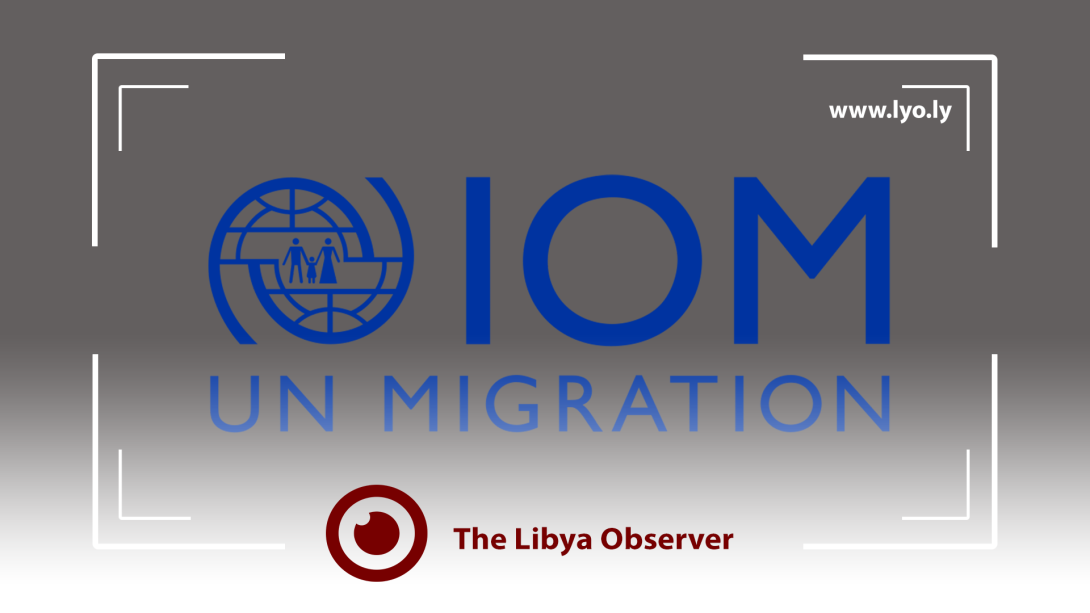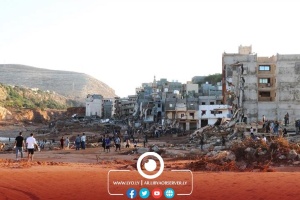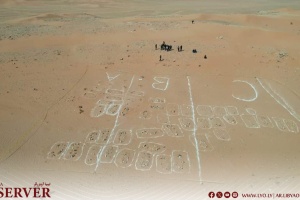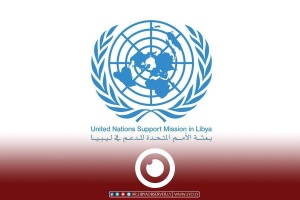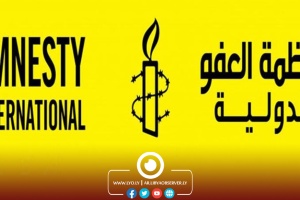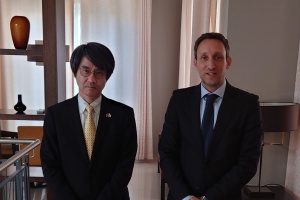The International Organization for Migration (IOM) said that a total of 3,958 deaths have been registered in hospitals, according to WHO sources, among which 406 people were immigrants.
"More than 10,000 people are missing, according to the Libyan Red Crescent. The scale of the catastrophe is still unpredictable, with search and rescue on the ground still ongoing." IOM added on Tuesday.
It said that in addition to the 250 Egyptian and 150 Sudanese nationals who lost their lives in the floodings, an additional 6 Bangladeshi nationals were reported missing by their embassies.
"Through contacts with embassies in Tripoli and local hospitals, IOM continues to gather updates on migrants’ situations following the floods." IOM said.
"As covered in IOM Libya’s Flood Update 1, there is a significant number of dead bodies in streets and under the rubble, leading to a health crisis. A statement from the Director General of the National Centre for Disease Control reported that there have been 150 reported cases of poisoning due to water contamination." It explained.
According to the latest IOM DTM update, the storm has caused displacement of around 37,000 individuals in flood affected areas. Three schools in the west and three others in the east are currently hosting displaced households but these families are likely to be relocated. Urgent needs continue to include medical staff, medications, and equipment, drinking water and fuel.
IOM pointed to growing concerns about another humanitarian crisis that the affected areas may witness due to the accumulation of large numbers of bodies under the rubble and demolished buildings. Fears of waterborne disease transmission are also increasing due to the severe damage to water sources and sewage. It said Libya was approaching the rainy season, which posed the risk of the spread of diseases and epidemics.
IOM stressed the urgent need to provide immediate medical aid and body bags for burial. Given the devastation of the health services infrastructure, it pointed out that there were only four primary healthcare centers in Derna, and one functioning hospital, which increased the need for medical supplies, equipment and medicines, as well as medical workers.
It said that relief teams from 9 United Nations agencies continue to work on the ground in cities affected by the floods, delivering emergency aid and life-saving relief materials despite the challenges hindering access to the affected areas. It added that search and rescue operations were continuing to recover more bodies, although the chances of finding survivors were dwindling.

